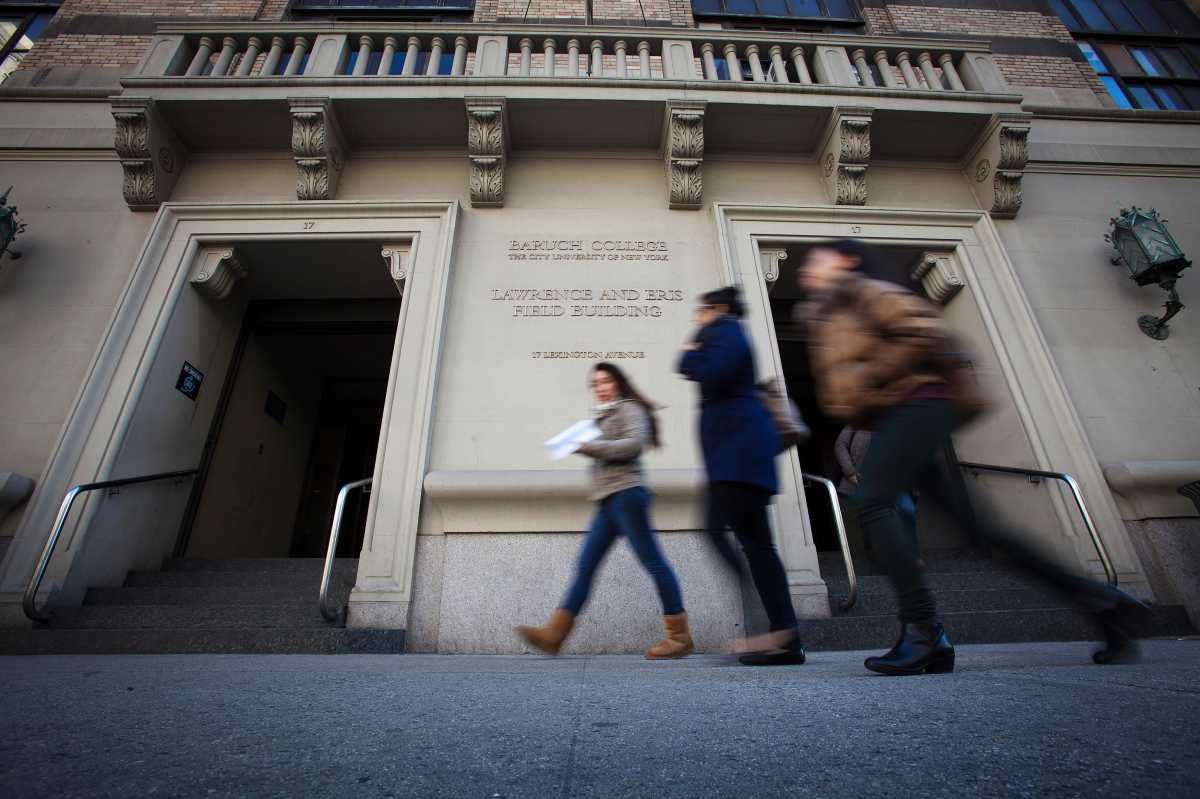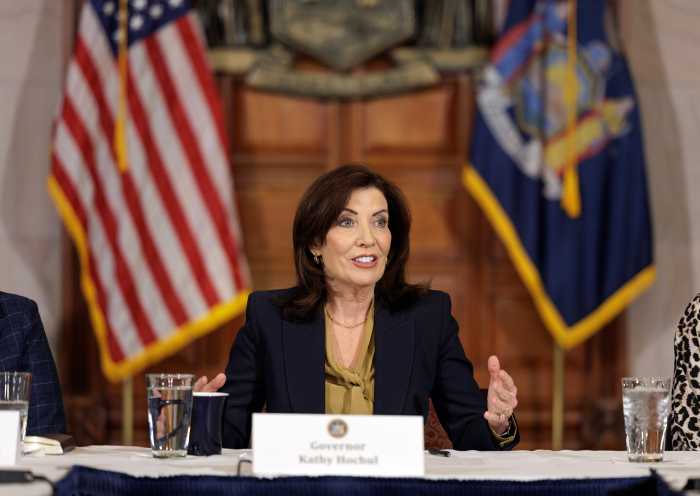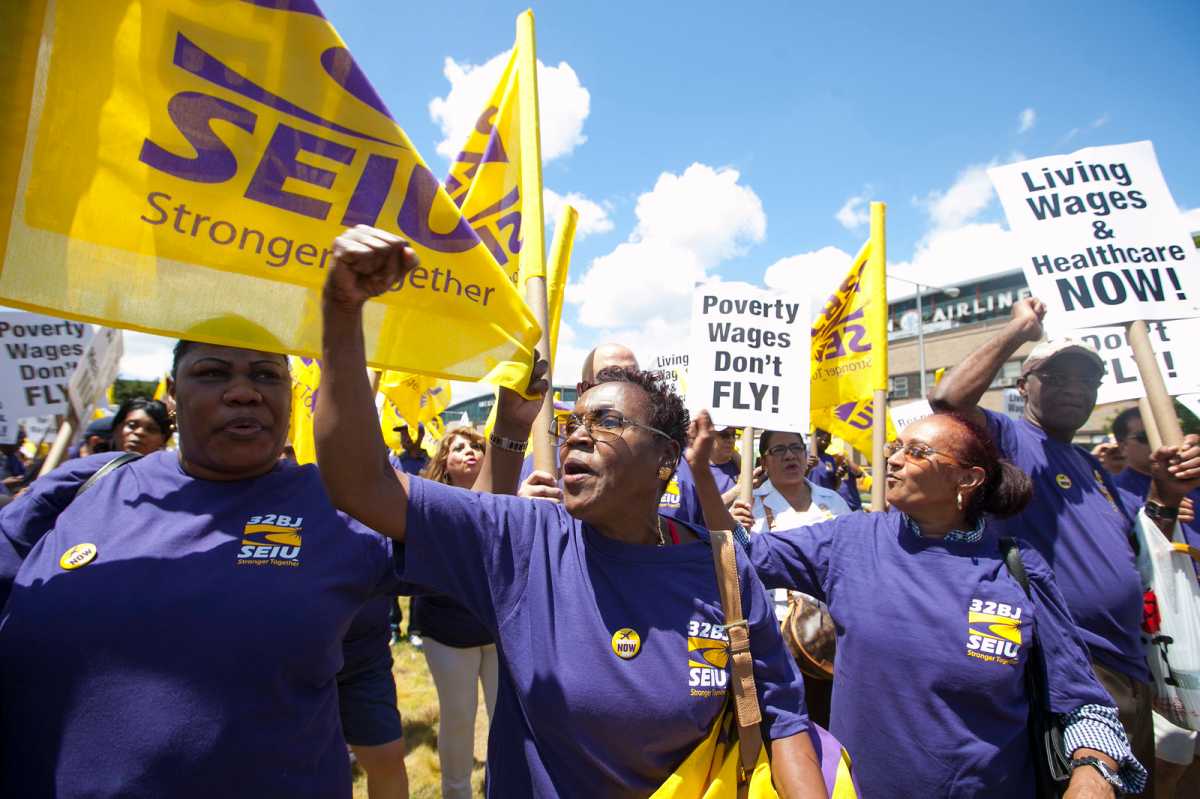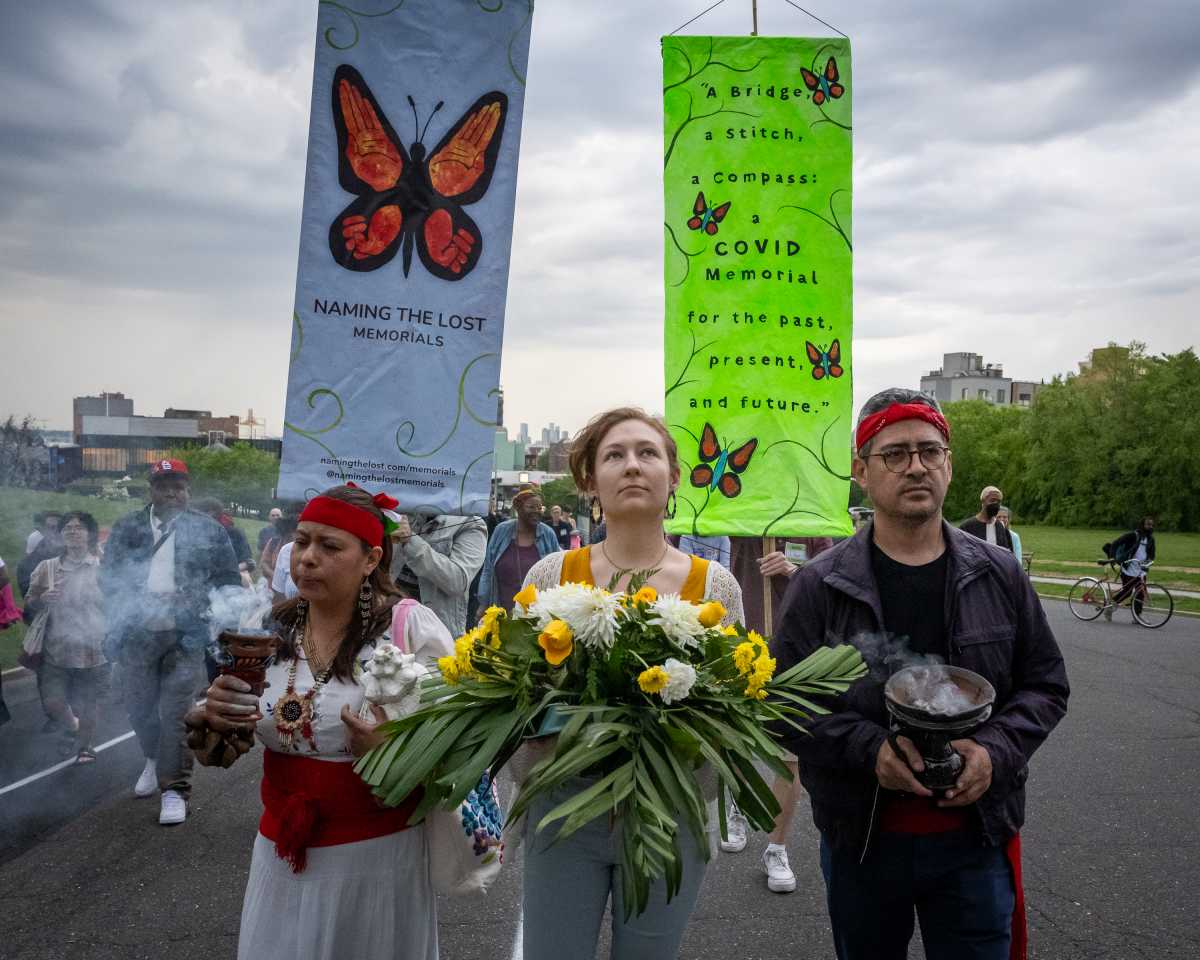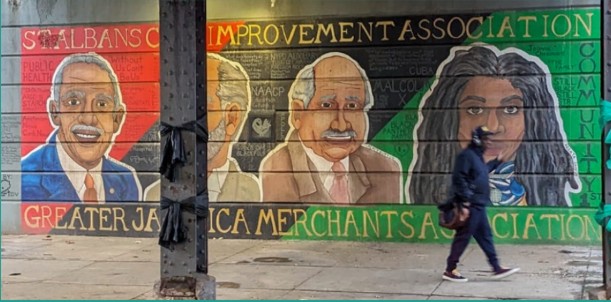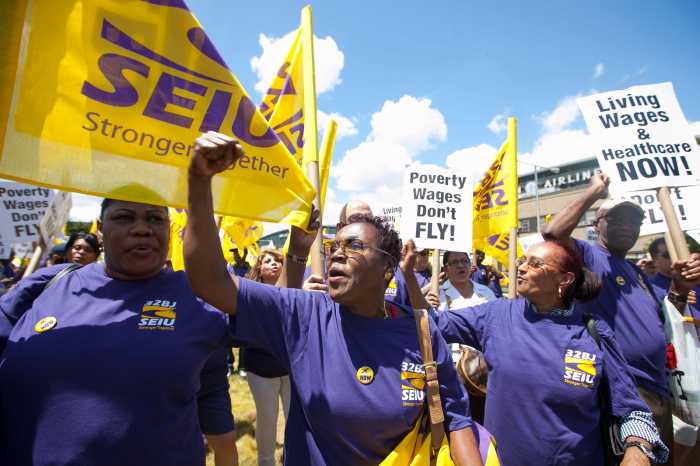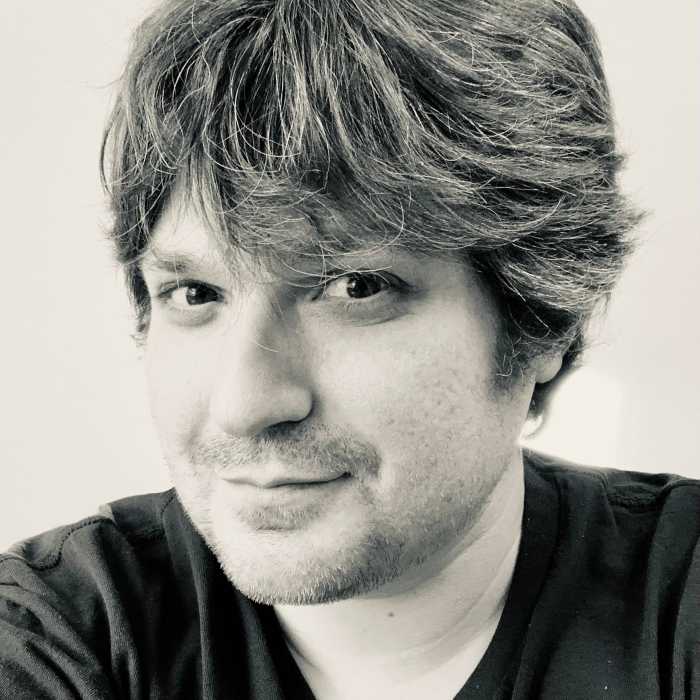The union representing 30,000 faculty and staff at the City University of New York (CUNY) is calling on the City Council to step in and “bridge the funding gap” on research at the university after the Trump administration froze all National Science Foundation grants and imposed strict limits on research funding reimbursements.
Ahead of the Council’s executive budget hearing on Thursday, where CUNY officials will discuss the university’s cut of the budget, James Davis, president of the Professional Staff Congress (PSC), said the union will be seeking “some additional investment” to soften the impact of the sudden funding freeze on April 30.
Speaking to amNewYork on Wednesday, Davis said the cuts have disrupted research at CUNY campuses across the five boroughs, leaving faculty in limbo and projects underfunded.
As of late April, over 60 grant-funded projects at CUNY had been canceled, and according to Davis, the number may have increased since.
In addition to the funding freeze, the National Science Foundation’s new policy limits indirect cost reimbursement, which helps cover infrastructure and administrative costs, to 15%. Davis warned that without such support, many research efforts become unsustainable.
“There’s no scenario in which the city of New York can take on the full responsibility for the many, many millions of dollars in grant-funded research that the federal government is currently providing, or has been providing,” Davis said.
Instead, the union is advocating for interim “bridge funding” from the city, “so that these projects can continue for the near future, because any long-term solution is going to have to involve restoration of federal funding.”
He stressed that the goal of the testimony being delivered to the City Council is not only to secure funding but to underline the broader implications: “Our goal is on the one hand, to make a case for funding, and as well, to make that case, not just for the individual careers or flourishing of the affected professor, but for the impact that that has on the city as a whole.”
Davis added that the university’s initial budget request to the City Council may have been submitted before the extent of the funding cuts became clear, and does not currently set aside any monies solely for research. According to documents filed ahead of Thursday’s hearing, the city’s proposed budget for CUNY in 2026 is $1.48 billion, which is about 1.3% of the total city budget.
“The City University of New York has always operated just at the margins,” he said. “To try to fund in full the gap that’s left by these federal funding cuts would really require a pretty dramatic investment.”
Asked whether private or philanthropic funding could serve as an alternative, Davis was blunt: “In the view of the union, that’s not sustainable, because our view is that the research at a public university should primarily be publicly funded. It’s a public good, full stop.”
Frozen research
Professor Claire Wladis, a mathematics professor at Borough of Manhattan Community College, said she received “an abrupt” notice from the NSF on May 2, effectively ending a multi-year research project examining how health conditions impact STEM students, and what colleges need to do to support them.
“You get the email and you have to instantly drop everything that you’re doing from that moment on,” she said.
The terminated project focused on understanding how illness, injury, disability, or mental health conditions affect the academic progress of STEM majors. “We were looking specifically at how it affects students… when they experience an acute or chronic illness, injury, disability or physical or mental health conditions while they’re enrolled in college,” she said of the $2.25 million grant-funded research project.
Students who participated in the study often shared intensely personal stories. “Many of the students that we interviewed cried during their interviews,” she said. “One older student who had a severe, undiagnosed illness vomited during the interview but likewise insisted on continuing.”
“In each case, we asked them, would you want to stop? Would you like to reschedule? And they all said, No, that it was important to them to continue to tell their story so that this research could benefit other students in the future,” Prof. Wladis added. “We are essentially breaking trust with these students when we refuse to continue the research.”
Prof. Wladis said that large-scale studies on how health-related issues impact STEM students are virtually nonexistent, noting that the scope and frequency of such challenges among college students remain largely undocumented, and the sudden termination of her project halts critical work that could fill this gap.
If funding is not restored quickly, the research team would need to rebuild from scratch, resulting in at least a year’s delay.
She estimated that continuing the project as originally designed would require between $1.6 and $2 million in additional funding. Without that support, Wladis said, the research cannot move forward.
Wladis also pointed to a concerning national trend, noting that many of the canceled grants have targeted education research, an area she called central to CUNY’s mission.
She urged both the City Council and CUNY to take concrete steps, including providing interim funding for affected research, offering time and salary support to faculty working on new grant proposals, and backing efforts to appeal grant cancellations.
The professor, who will testify at Thursday’s hearing, also called for collective legal action, encouraging CUNY to work with peer institutions and national organizations to counter what she described as the “illegal termination of federal research grants.”
“A big part of investing in science and technology is investing in people who are going to do the science and the technology,” she said. “By yanking a billion dollars out of STEM education research, we’re essentially disinvesting in the entire STEM enterprise.”



